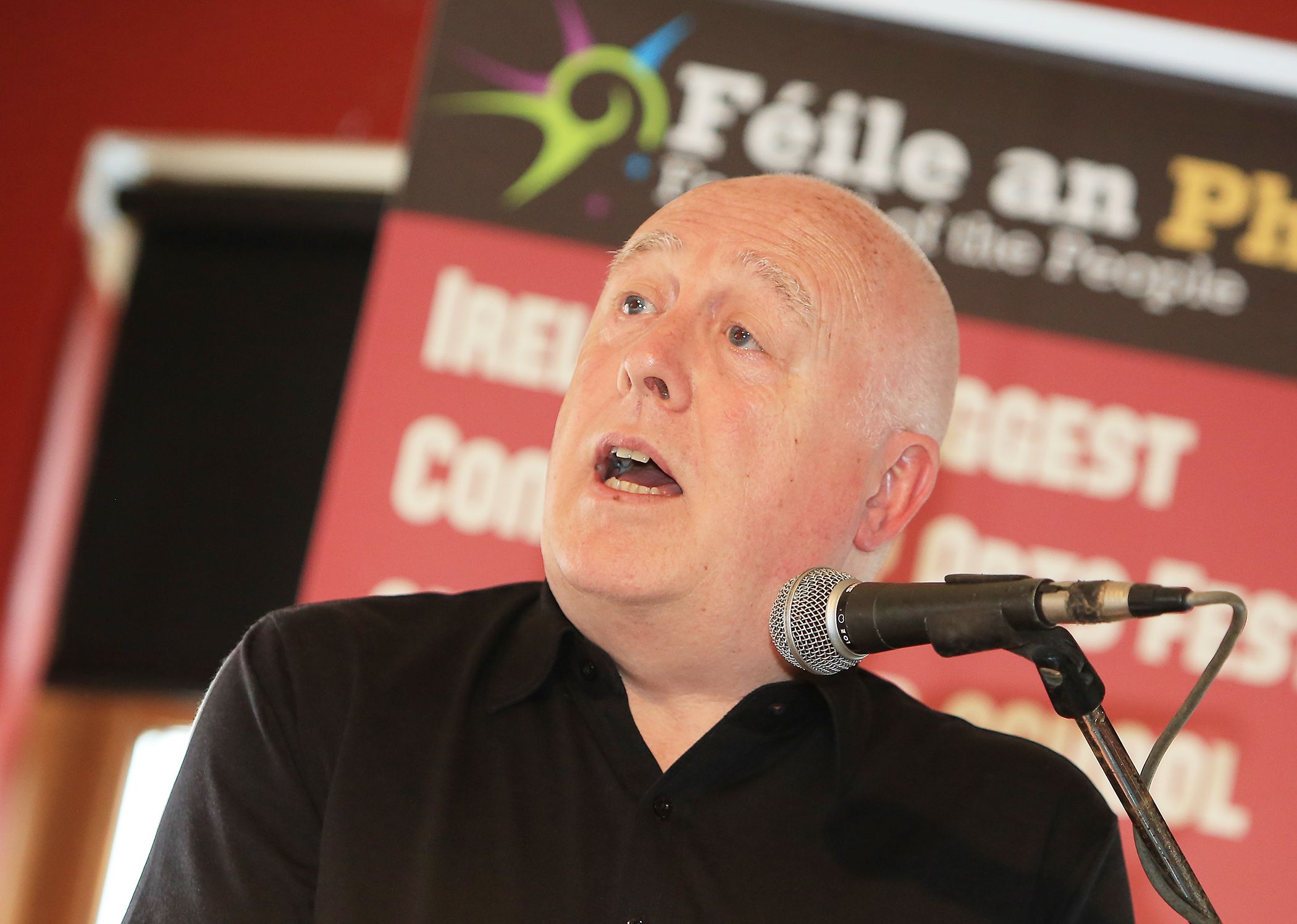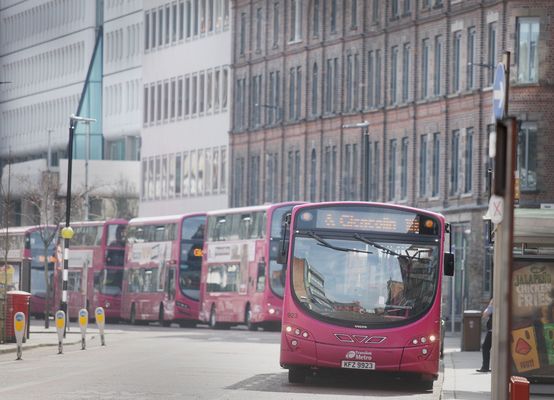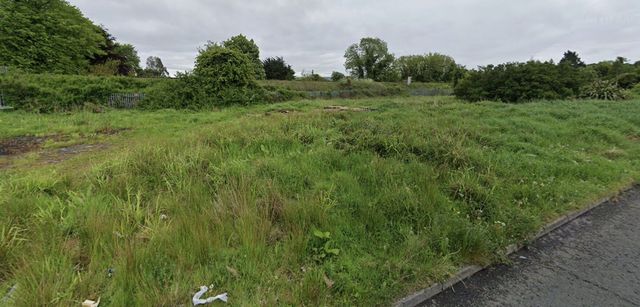THE HISTORY of Féile an Phobail is to be told in Linenhall Library next week with a talk given by founder Danny Morrison.
The festival, celebrated its most successful year last month, attracting tens of thousands of people to the West of city for what is known as Ireland’s largest community arts festival.
Danny Morrison will speak about the founding of the festival, which first launched in 1988 after a series of horrific events rocked the West Belfast community following the killings of IRA volunteers Mairéad Farrell, Seán Savage and Daniel McCann in Gibraltar, which led to the Milltown Cemetery attack by loyalist Michael Stone at their funerals. Later, at the funeral of Milltown victim Caoimhín Mac Brádaigh, two British army corporals were killed after they drove into the funeral cortege, in what mourners thought was a repeat of the Milltown attack.
After those events the West Belfast community was demonised by politicians in the Republic and Britain, being branded a "terrorist community".
Speaking ahead of the September 14 event Danny Morrison explained some of the origins of the festival, and the subsequent development of Féile an Phobail.
“There were small festivals which already existed in Nationalist areas, such as the Ardoyne Fleadh for many, many years, and just after the Falls Road Curfew in 1970 there was a small festival in the Lower Falls," said Danny. "There were also some small St Patrick’s Day festivals.
"However, there was nothing which was centrally organised and really had a purpose in terms of direction, and this came in 1988 with the demonisation of people in West Belfast by the media, British politicians, Irish politicians in the South and Unionist representatives and spokespersons.”
Danny continued: “My talk will go into the origins, but also how the festival developed into what it is today, and how the Féile has really raised the confidence of the community in West Belfast who are very proud of the this festival, and how far it has come since its inception.”
Asked about the achievements the festival has made over the years, Danny stated it had firmly put West Belfast, not only on the map in Ireland, but across the world. He also cited the achievements the festival has made in fostering closer community relations with members of the unionist community.
“It has firmly put West Belfast not only on the national map, but the international map. Féile is best summed up by the famous Irish words ‘céad míle fáilte’ (one hundred thousand welcomes). Everyone is welcome at the Féile, and everyone does come to the Féile. We’ve lots of people from the unionist community who attend, and lots of events held by all members of that community, from politicians such as David Ervine, Edwin Poots, Jeffrey Donaldson and Arlene Foster who have spoken, and groups such as the UVF who had a prisoners' day at St Mary’s where they talked about their prison experiences.
"We’ve also had prominent international speakers such as Noam Chomsky, Robert Fisk and Jeremy Corbyn.”
Danny explained how the setting up of Féile has allowed the festival to help out other community festivals throughout Belfast, and led to a lot of work between Féile and East Side Arts Festival in East Belfast.
"The Falls Park has just blossomed, we’ve an extremely popular 80s Night, and we’ve encouraged young artists and the writers from the community to come forward. We’ve also helped a lot of other festivals and helped to get them started. We spoke a lot with East Side Arts Festival when they were getting established and told them how to avoid some of the organisational mistakes we made in the early years, and how to apply for funding, and outreach with cross-community inclusive projects.”
Asked about the recent controversy over the Wolfe Tones concert on the final night of the festival, Danny Morrison stated the festival has hosted many acts over the years, and has not ever censored any speaker or artist, and that criticism of the Wolfe Tones music rings hollow when those who are outraged frequently sit down with loyalist paramilitaries and won’t condemn anti-Catholic marching bands.
“Féile came about as a result of a unique circumstances affecting the nationalist community, it was a response to political attacks, and it set out to defend the integrity of the nationalist community.
"It’s formation has been unlike the formation of any other festival. It shouldn’t come as a surprise there is a republican component to the complexion of the festival. For many years I was the chair of the Discussion and Debates Group, we had many unionist voices there, including Ian Paisley Jr, Arlene Foster, Gregory Campbell, Billy Hutchinson, David Ervine etc.
"I never once told any of them they weren’t allowed to say certain things, because they could be deemed as offensive to the nationalist community. We wouldn’t, and haven’t censored any of these groups, from unionist politicians, to the Orange Order, to the UVF, so why should we censor a republican band, who out of their entire 60 year back catalogue only have one or two songs which are being cited as problematic.
"Unionists will take part in Orange parades, protests, and sit on platforms with former members of loyalist paramilitaries. Orange bands will frequently play offensive anti-Catholic material, and they never apply their scrutiny to those parades or platforms. It seems to be one rule for one side, and another rule for the other.
"Those who criticise the Féile have latched onto the singing in Falls Park to try and kerb the development of the success and continuation of Féile.
"We do acknowledge the sensitivities around these issues from one point of view, but on the other, it’s also a freedom of speech issue, and we don’t believe in censoring speakers or artists.”
The talk, ‘A History of the Féile with Féile an Phobail with Danny Morrison’ takes place on Wednesday September 14 at 1pm, and can be booked here.







